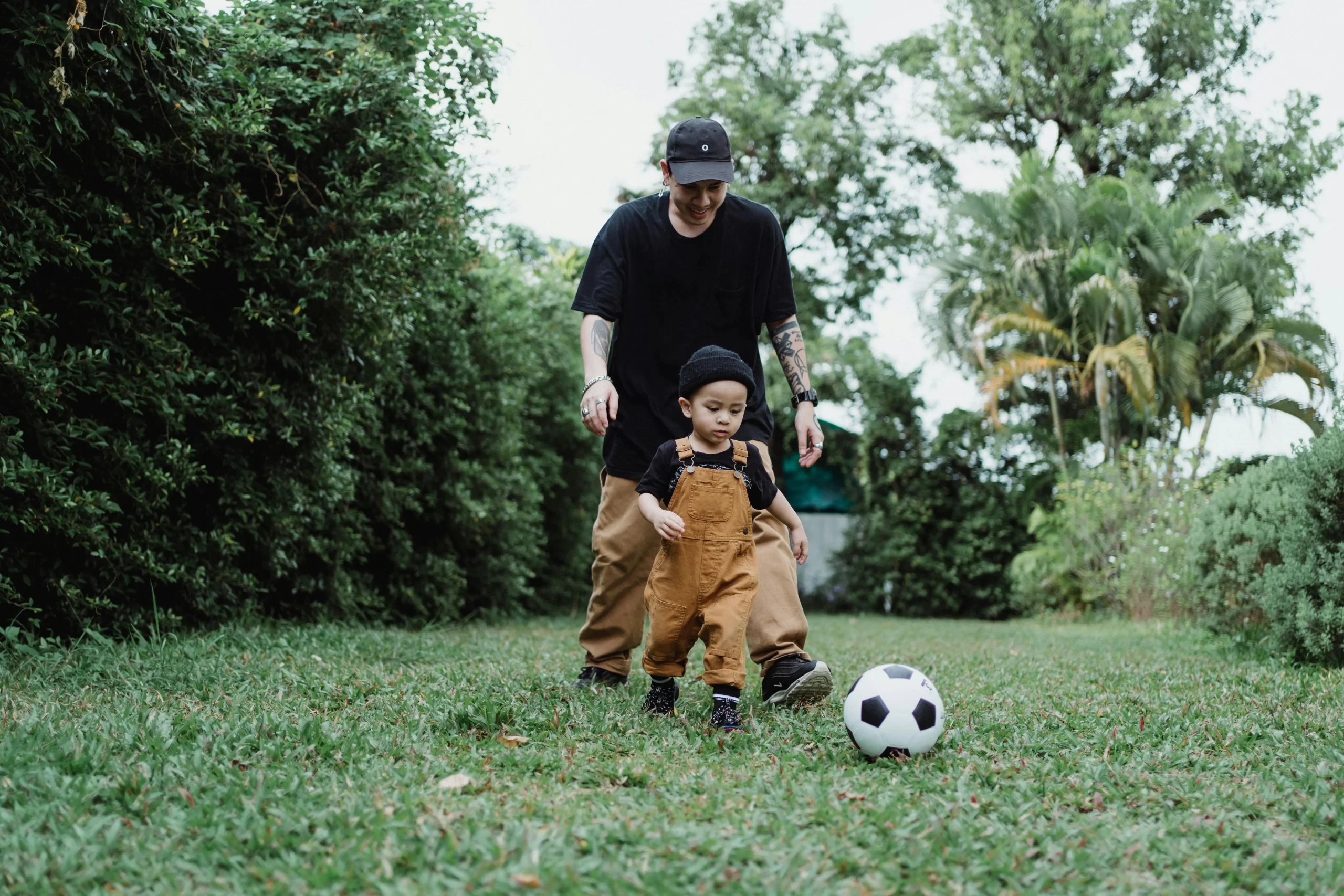Parent-Child Relationships In Sports: Key To Growth
As a parent of an athlete, you undoubtedly feel a mix of pride and concern as your child pursues their sporting dreams. You may have witnessed their struggles, celebrated their victories, and spent countless hours at practices and games. However, as exciting as this journey can be, it also presents unique challenges that can strain your relationship with your child. The pressure to perform often leads to misunderstandings, resentment, and even conflict. So how can you navigate this delicate balance, ensuring that sports remain a source of joy rather than a point of contention? In this post, I will explore effective strategies for fostering open communication, setting shared goals, and supporting your child’s athletic aspirations without imposing your expectations.
1. Understand the Source of Pressure
Before tackling the solutions, let’s pinpoint the common sources of pressure in youth sports. Most of the pressure comes from three primary areas:
- External Expectations: These can stem from coaches, peers, or society. Children may feel the need to meet the expectations set by others, which can lead to anxiety and burnout.
- Parental Aspirations: It’s natural for us to want our children to succeed. However, when we impose our dreams and ambitions onto them, it can create significant tension.
- Self-Imposed Standards: Many young athletes drive themselves to excel, often comparing themselves to others and setting unattainable goals.
Recognizing these sources of pressure is vital. This knowledge allows you to approach your child’s sports journey with greater empathy.
2. Promote Open Communication
Effective communication is the foundation of any healthy relationship, especially when it comes to navigating sports. Here are steps to develop this vital skill:
- Encourage Honest Conversations: Regularly invite your child to share their feelings about their sports experience. Ask open-ended questions that encourage them to express their thoughts, such as “What do you enjoy most about your sport?”
- Listen Actively: When your child opens up, give them your full attention. Avoid interrupting or steering the conversation in a different direction. Acknowledge their feelings, even if you don’t agree.
- Share Your Feelings: Open communication goes both ways. Share your emotions regarding their sports activities. By being vulnerable, you create a safe space that invites your child to share.
Using these practices can help eliminate misunderstandings and build trust.
3. Set Shared Goals
Clarity of purpose can strengthen your bond with your athlete. Rather than dictating what you think your child should achieve, focus on co-creating goals:
- Identify Their Passion: Engage with your child to discover what they truly love about their sport. Is it competition? The camaraderie? Hone in on this passion.
- Establish SMART Goals: Ensure the goals you set together are Specific, Measurable, Achievable, Relevant, and Time-bound. For example, instead of saying “play better,” focus on “improve your running time by two seconds in the next month.”
- Celebrate Milestones: As your child progresses, take time to celebrate achievements. This recognition reinforces their commitment and joy in what they are doing.
Building shared goals transforms your relationship from one of pressure to one of teamwork and collaboration.
4. Support Without Overbearing Expectations
Your role as a parent is crucial, but it’s essential to provide support in a healthy way:
- Be Their Cheerleader: Offer encouragement during competitions, but avoid placing any undue emphasis on the outcomes. Praise effort over results by saying things like, “I love how hard you’re working out there!”
- Step Back When Needed: Recognize when your support might feel more like pressure and adjust accordingly. If your child seems overwhelmed, let them know it’s perfectly okay to take a break or try a different approach.
- Foster Independence: Encourage your child to take ownership of their sporting journey. Allow them to make decisions about training, whether it’s their choice of drills or seeking a specific coach.
By being supportive yet respectful of their autonomy, you can avoid inadvertently adding stress to their experience.
5. Focus on the Bigger Picture
Remember, sports should be a fun and enriching experience. Keep the focus on the lessons learned and the personal growth rather than just wins and losses.
- Encourage Lifelong Skills: Highlight how sports teach resilience, teamwork, and discipline which are essential traits in life beyond athletic performance.
- Emphasize the Experience: Remind your child that each practice and competition is about enjoying the process. Share your own experiences of what’s truly meaningful.
By keeping this broader perspective, you can relieve some of the pressure that may exist around performance.
Conclusion: Strengthening Our Bonds Through Sports
Navigating parent-child relationships in the realm of sports can be complex, but with open communication, shared goals, support without pressure, and a focus on the bigger picture, you can create an environment where both you and your child thrive. By fostering a partnership built on mutual respect and understanding, sports will not only strengthen your child’s character but also deepen the bond you share.
So take a moment to assess your approach. Are you ready to engage in meaningful conversations with your child? Set someone available to share the journey alongside them? By taking proactive steps today, you can ensure that sports remain a source of joy for both you and your young athlete. Remember, your involvement and attitude can make all the difference in your child’s athletic journey. Let’s turn this shared experience into a pathway for growth and connection.




